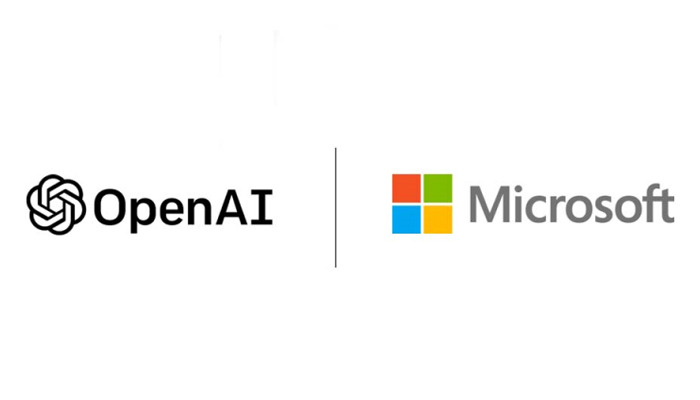
Mustafa Suleyman, the Microsoft's AI boss, has sparked a controversy with his remarks on the copyright law. Content should be free to everyone, much the same as "freeware" on the open web, which anyone could use, copy, and reproduce freely.
This view has some raised eyebrows, especially since Microsoft is being sued for allegedly stealing copyrighted online stories to train its AI models.
Suleyman's comments came in response to a question about AI companies stealing intellectual property. He claimed that the "social contract" of the web since the 90s has been that content is fair game for anyone to use, which has no basis in copyright law — works are automatically protected under that law as soon as they are created. Fair use is a legal defense that requires a court's approval, not some sort of the blanket permission to use copyrighted material.
Read more: ChatGPT's upgraded Voice Mode delayed until fall — A closer look
Lawyers and experts have blasted Suleyman's views as misinformed and dangerous. If anything, copyright law is rather clear — publishing a piece of content on the web does not waive any rights. Special licenses have been created precisely to help authors waive their rights explicitly. Fair use is a difficult legal question which takes significant analysis, not an open invitation to make free use of copyrighted materials.
The views that Suleyman raised have huge implications for content creators in times to come and the future of AI development. If AI companies are allowed to make use of copyrighted material without permission, then creativity and innovation get stifled. That remains upon the courts to decide the fate of AI companies who choose to ignore copyright law, but Suleyman's comments surely raised the much-needed debate on AI ethics.
















